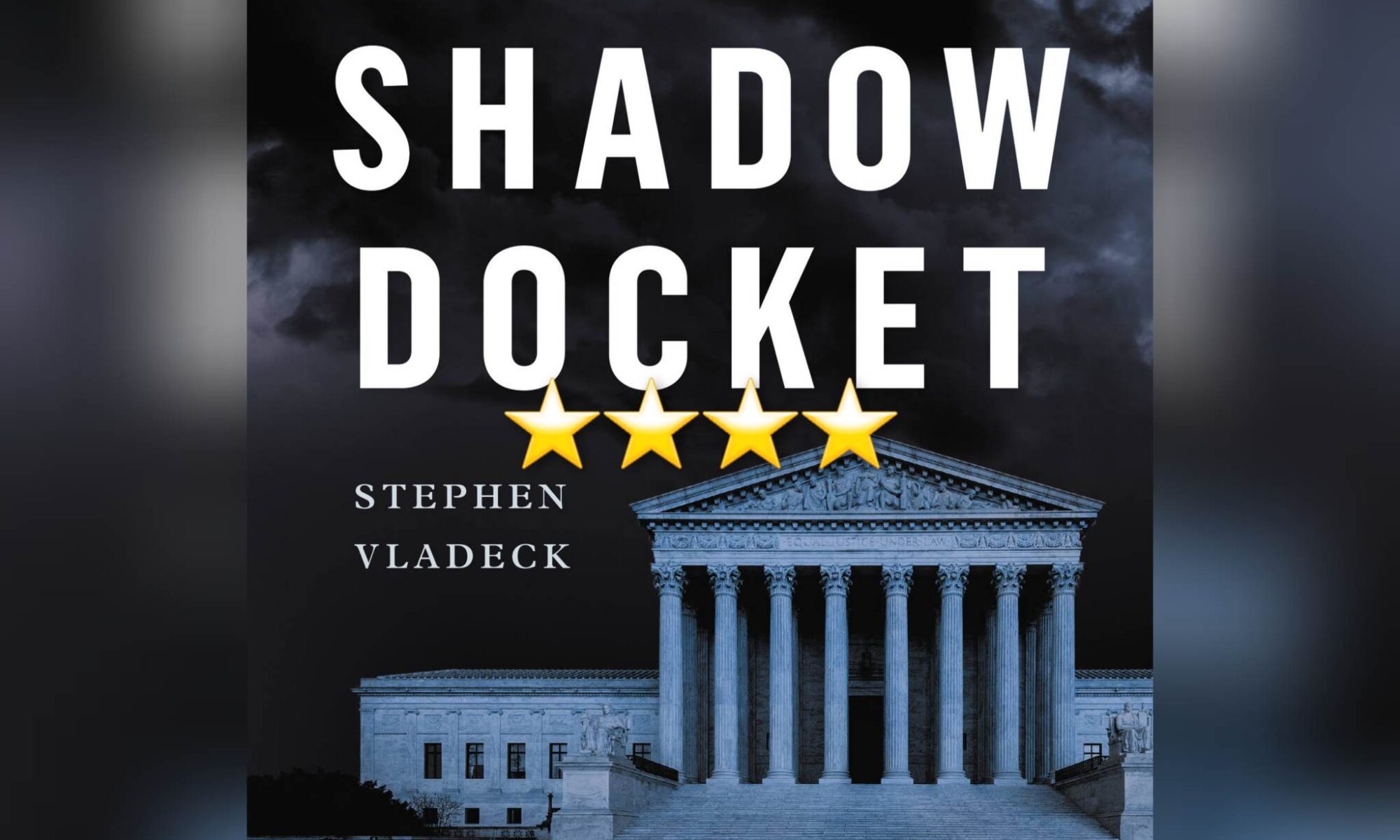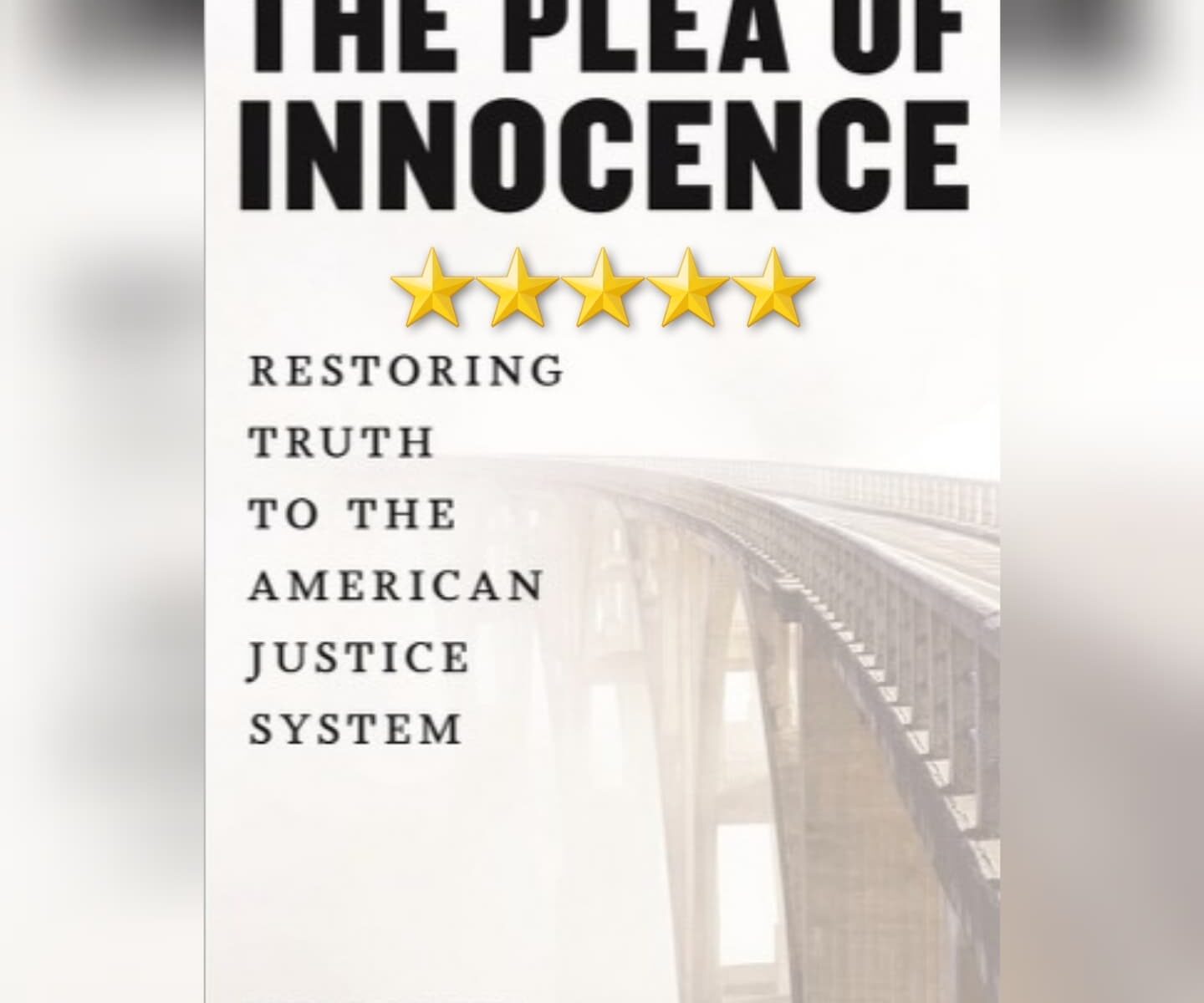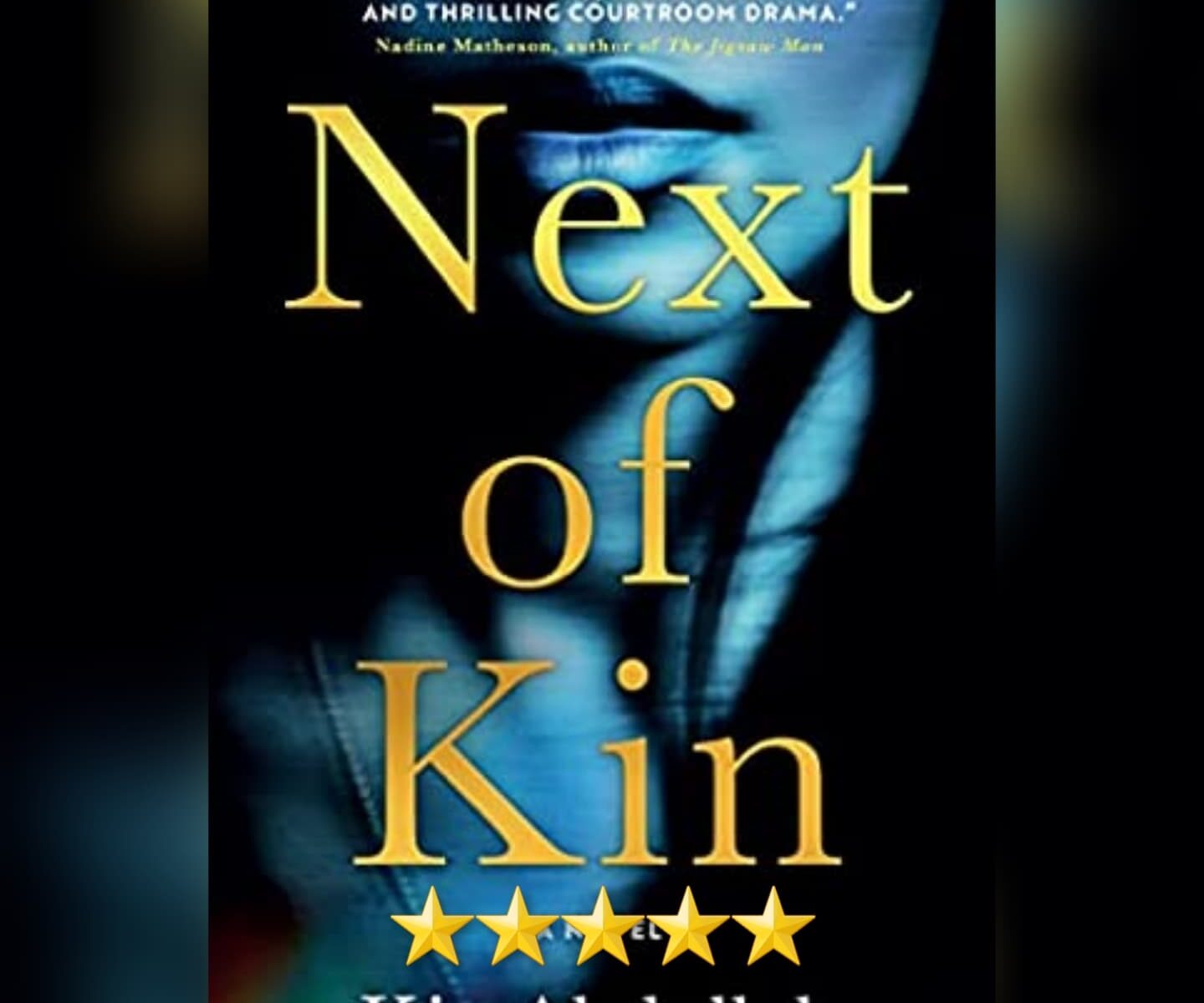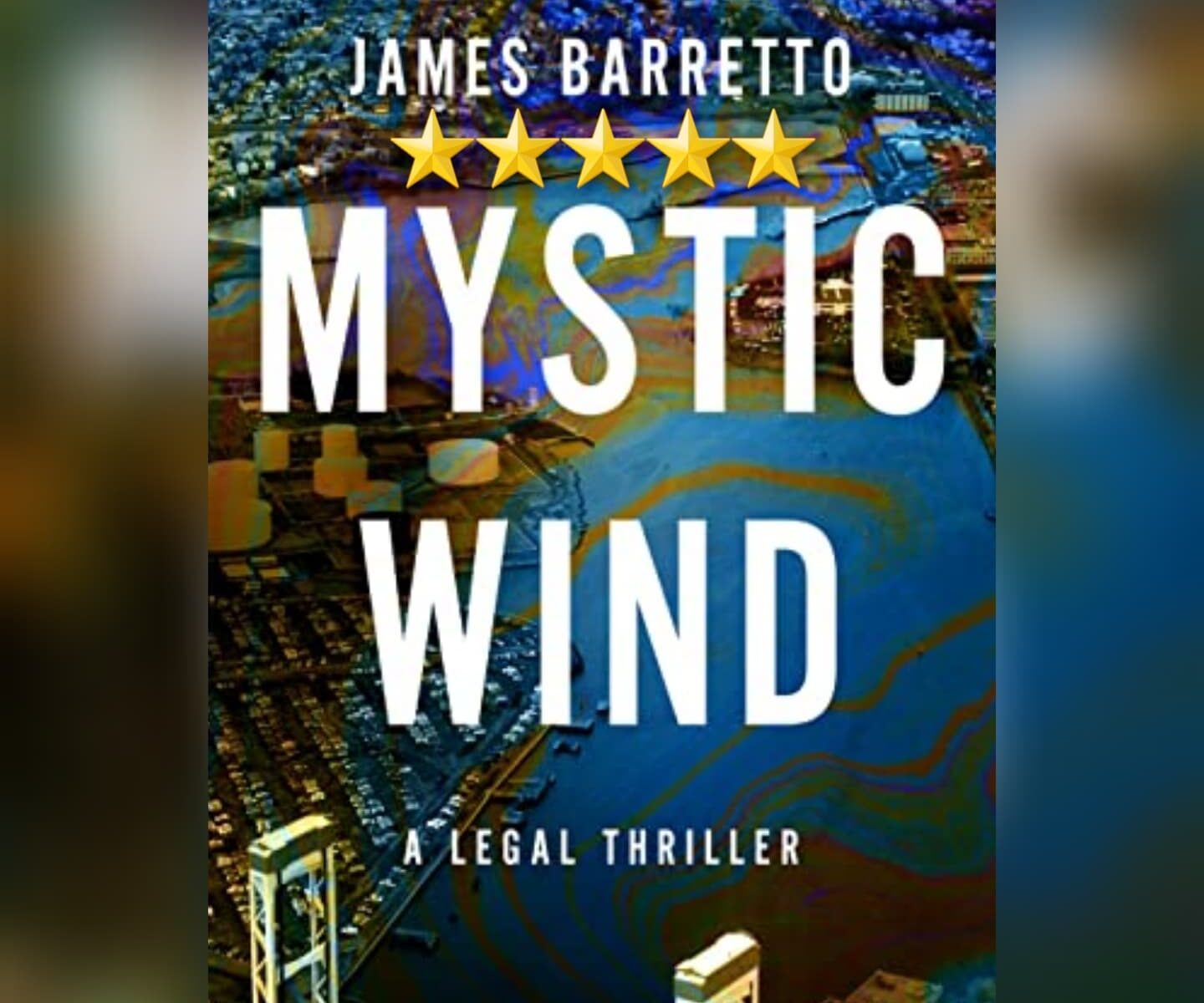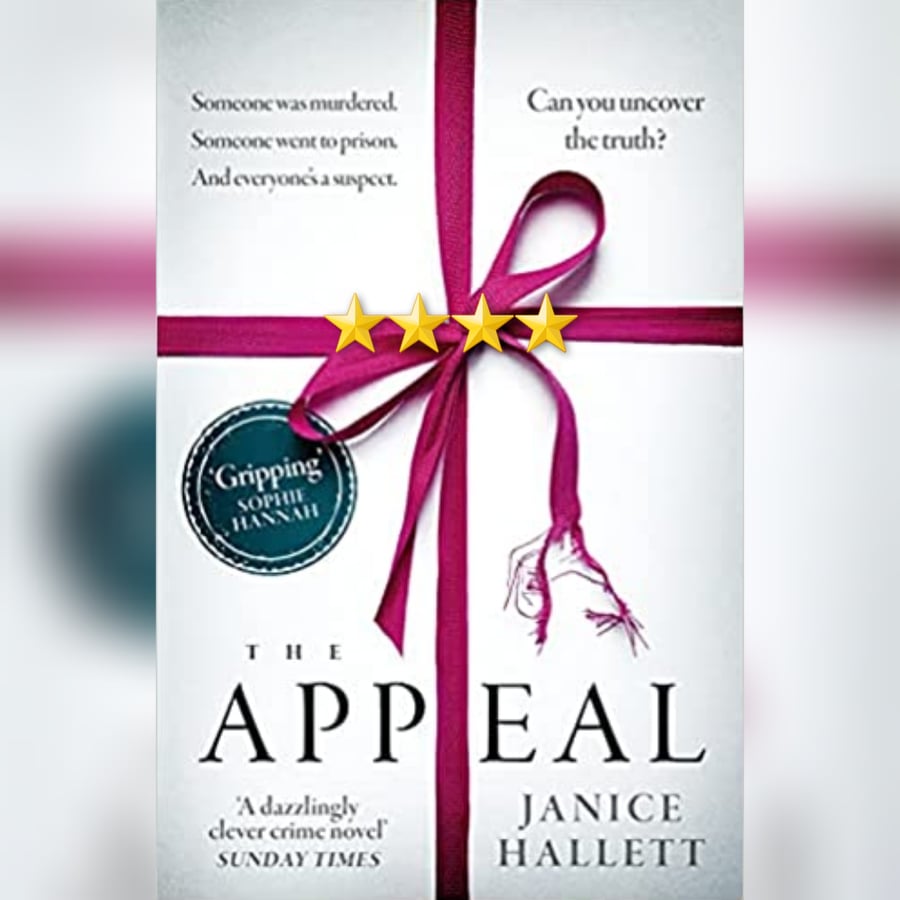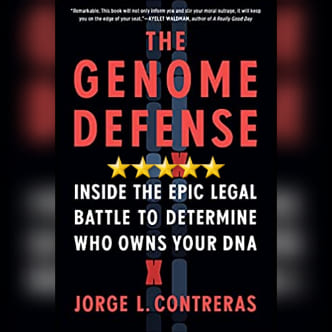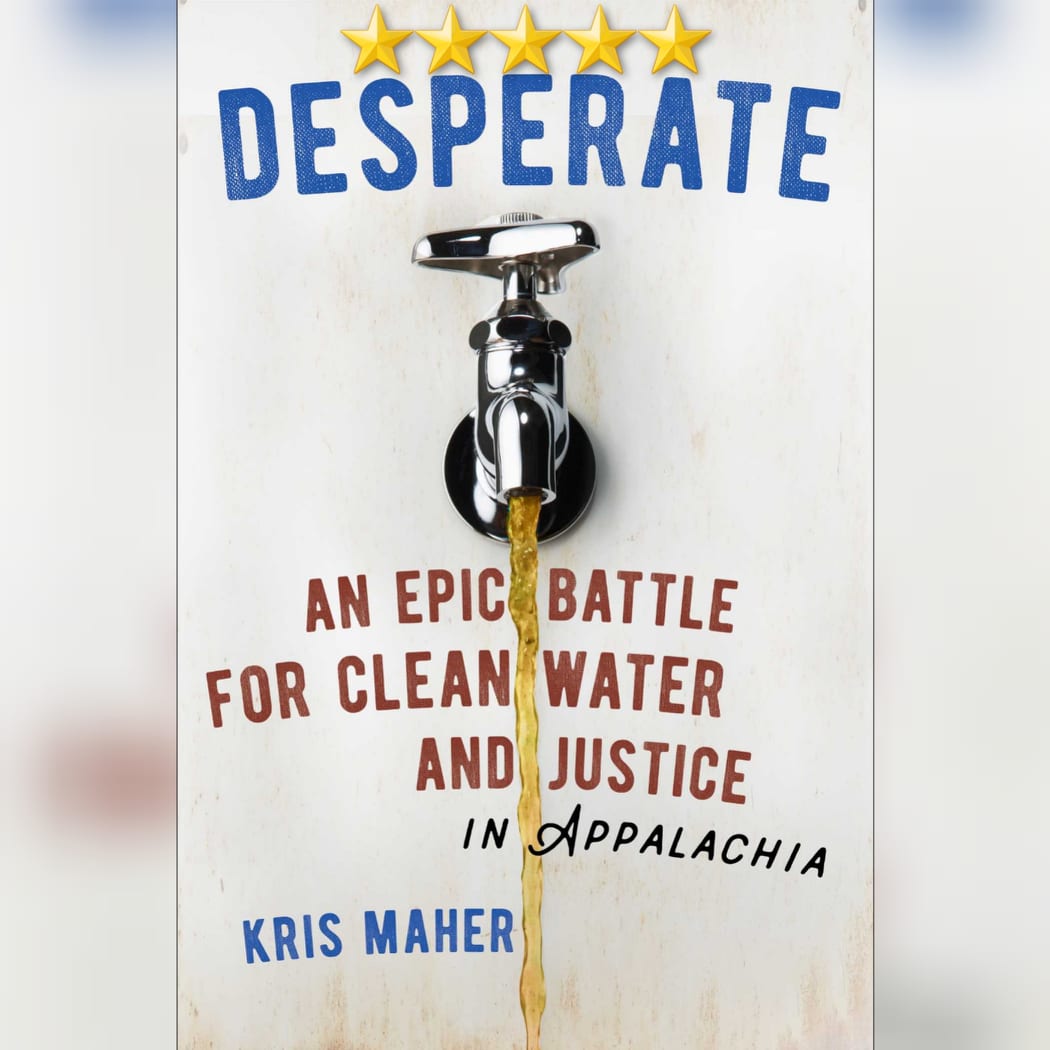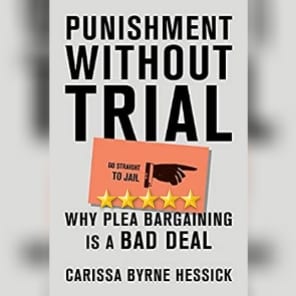If You Only Read One 2023 Release, Make It This One. Wow. Phenomenal. I’m writing this review roughly 12 hrs after finishing the book, and I am still in awe of what Drake was able to do here. When I first encountered her books, Drake was writing cowboy romances. She’s extended into women’s fiction more recently and done a great job with it, and this one I would assume would mostly classify within that space as well.
But let me be clear: This book has a LOT going on, a lot that places Drake writing about very serious issues and very different spaces. We get medical discussions and specifically discussions around terminal illness, suicide, assisted suicide, and related issues. We get a legal courtroom thriller that dives deep into questions of justice vs mercy vs the letter of the law and even into what are laws and why do we have them. We get open discussions of how to make different spaces better and more responsive, and in these areas Drake shows several practical ideas that could genuinely work – even though this is a fictional tale. Throughout all of this. Drake proves herself capable of at minimum holding her own with even the masters of these spaces who only write explicitly within them, such as John Grisham’s legal thrillers.
And then there are the more traditional women’s fiction aspects, the relationships that make this book truly sing throughout all the heaviness of the above discussions. The loving wife who is barely older than her stepdaughter, despite being in absolute love with her husband. The stepdaughter who resents the stepmother being so very close to her own age. The brilliant husband who dearly loves his wife *and* daughter. The best friend who happens to be the Governor of Texas, with all the behind the scenes politicking that entails. The mother who loves her daughter no matter what. The misunderstood older sister. And yes, in a nod to Drake’s real life (as anyone who follows her socials will know), a mischievous and nearly scene-stealing cat named Boomer.
In telling such a moving story, Drake truly masters bringing in such difficult discussions that *need* to be held at every level and in every corner of this great land.
Issues of how to handle terminal illness within a marriage – how far is each willing to go? What is the loving thing to do? Do the local statutes matter when it comes to trying to make the right decision? What *is* the right decision?
Issues of criminal justice as it relates to terminal illness, echoing at a societal level the same types of questions every relationship needs to answer within itself.
Issues of what we expect from our penal system – can people be rehabilitated, or should they be exclusively punished? Is there a difference between someone committing suicide, their spouse helping them, their doctor helping them, another person outside of a legally protected relationship helping them? Does the situation itself matter, and if it does, what do we condemn and what do we excuse?
All of this and so much more, Drake crafts into a moving and poignant tale of one particular family struggling to navigate these very complicated and delicate issues.
Read this book. Think about how *you* would handle these things. Think about how *we* should handle these things…
Or not. Maybe you jus need to cry, or even bawl your eyes out. Maybe these issues aren’t theoretical for you – maybe they’re as real for you as they are for the characters in this book. Maybe you’re just trying to find answers yourself.
Read this book too. And may you find comfort within its words even in the midst of your own storm.
But read this book, regardless. Very much recommended.
This review of For Roger by Laura Drake was originally written on November 20, 2023.



